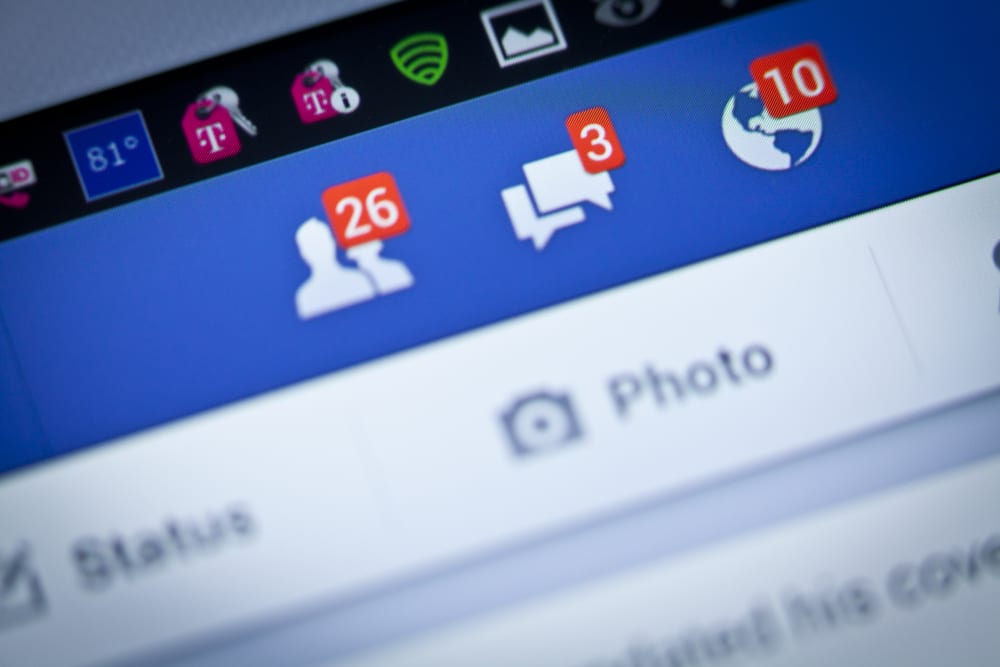
Tech giant Facebook and data analysis firm Cambridge Analytica are embroiled in a dispute over the harvesting and misappropriation of personal data.
The controversy centers on whether data was used to influence the outcome of the 2016 presidential election.
As a result, bipartisan consensus is calling on Facebook boss Mark Zuckerberg to testify before Congress about Cambridge Analytica’s use of data.
It’s a sensational story—involving allegations of sleaze, psychological manipulation and data misuse—that has provoked international outrage.
But what is Cambridge Analytica? And why should its involvement with Facebook concern us?
College News investigates.
What is Cambridge Analytica?
Cambridge Analytica, a data mining, brokerage and analysis company, uses data analysis and behavioral science with strategic communication to connect its clients with their audiences.
It has been credited with helping Donald Trump to victory.
On its website, CA describes itself as: ‘the global leader in data-driven campaigning with over 25 years of experience, supporting more than 100 campaigns in five continents.
‘Our team of PHD data scientists, expert researchers, and seasoned political operatives have produced decisive results for campaigns and initiatives throughout the world.’
Its most notable work involves the 2016 US presidential election campaign, and the Leave.EU campaign for the UK’s withdrawal from the EU.
CA’s involvement in both campaigns has been highly controversial and is the subject of on-going criminal investigations in both countries.
The company is partly owned by the family of Robert Mercer, an American hedge-fund manager who supports many politically conservative causes.
It maintains offices in London, New York City and Washington, D.C.
A series of undercover investigative videos, released in March 2018, showed Cambridge Analytica’s CEO Alexander Nix bragging about using prostitutes, bribery and ‘honey traps’ to discredit politicians whom it conducts opposition research on.
Mr Nix has since claimed the videos grossly misrepresent him and he was ‘deliberately trapped.’
What is Facebook’s role?
A quiz in 2014 invited Facebook users to find out their personality types.
The quiz, which took the form of a Facebook app, was deigned and developed by Dr Aleksandr Kogan, from the University of Cambridge.
Dr Kogan, who claims he is being painted as an academic ‘scapegoat’, said he developed the ‘research app’ because he wanted the data to model human behavior through social media.
The app, called ‘This is Your Digital Life’, collected data from around 270,000 users.
As was common with Facebook apps and games at the time, it was designed to harvest not only the data of the person using it, but also their friends’ data.
Cambridge Analytica whistle-blower Christopher Wylie said, as a result, the data of about 50 million people was harvested for the analysis firm.
Both Facebook and Cambridge Analytica deny any wrongdoing.
And Facebook has since clamped down on the amount data developers can scrape in this way.
What investigations are under way?
A number of US senators, both Republican and Democrat, have called on Mark Zuckerberg to testify before Congress on how Facebook will protect users.
‘Mark Zuckerberg needs to testify under oath in public before the Judiciary Committee. He owes it to the American people who ought to be deeply disappointed by the conflicting and disparate explanations that have been offered,’ Sen. Richard Blumenthal, D-Connecticut, told reporters Monday evening.
So far Senate Judiciary Chairman Chuck Grassley, R-Iowa, has not revealed what he intends to do.
Two other members of the Senate Judiciary Committee, John Neely Kennedy, R-Louisiana, and Amy Klobuchar, D-Minnesota, sent a letter on Monday to Grassley requesting a wider hearing with tech CEOs from Twitter, Facebook and Google.
The demand for greater transparency from Facebook spans multiple committees from across both chambers.
Late Monday, the chairman of the Senate Committee, John Thune, R-South Dakota, sent a letter to Zuckerberg demanding answers by March 29 about the type of user data Cambridge Analytica was able to gain access to.
The UK and European Parliament are also launching their own investigations.
How do I protect my Facebook account?
To protect your Facebook account, implement the following steps:
- Log in to Facebook and visit the App setting page
- Click edit button under Apps, Websites and Plugins
- Disable platform
This will mean you won’t be able to use third-party sites on Facebook. But if that is a step too far, you can limit the personal information apps can access by:
- Logging into Facebook’s App setting page;
- Unclicking every category you don’t want the App to access—which includes, bio, family, religious views, posts on your timeline, activities and interests.
Other advice:
- Never click a ‘like’ button on a product service page;
- If you want to play games and quizzes, don’t log in through Facebook; go directly to the site.















